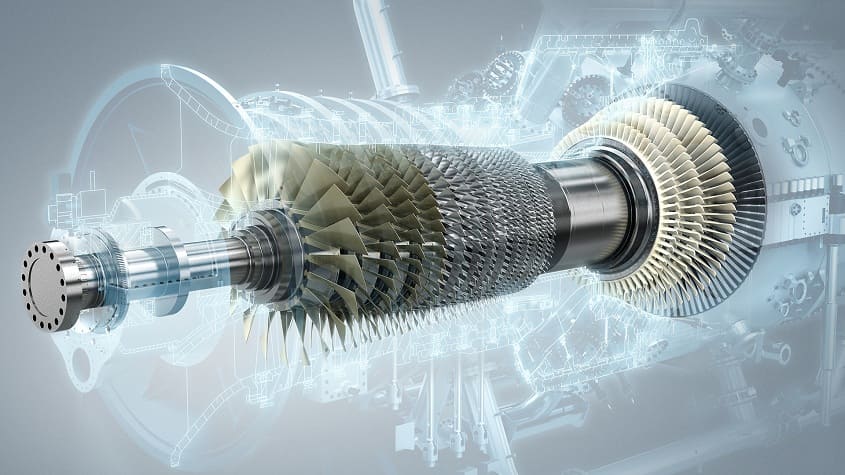"Innovative Virtual Sensor Technology 'DataCivet' Marks a New Era in indigenous Aero Engine Development"
During the developmental phase, aero engines typically undergo extensive testing for , optimization, and establishing reliability before they receive approval for operational use in aircraft. In this process, over 1,000 specialized sensors are employed to measure parameters like temperature, pressure, flow, vibration, and strain. These sensors operate at varying frequencies, ranging from 10 records per second to an impressive 54,000 records per second. Test runs vary in duration, from 30 minutes to 7 hours, resulting in a significant volume of data. For instance, a single sensor generates approximately 3 gigabytes of data during a 7-hour run, and when considering about 50 such sensors, the data output is substantial.
This abundant data is meticulously analyzed by engineers for performance assessment and its optimisation along with the monitoring of the engine’s health. By proactively identifying potential issues before they escalate into failures, these sensors contribute significantly to the ongoing evolution of developmental aero engines, continually enhancing their efficiency and reliability.

Since the components in an aero gas turbine works in very demanding environment including extreme temperatures, pressures, high vibrations and high speeds, accelerates sensor degradation and increase the likelihood of sensor failure.
These sensors are generally fitted at inaccessible locations and failure of which during test campaigns can be very costly for the engine development due to loss of valuable data coupled with delays in the sensor replacement which normally calls for complete engine re-builds.
This is where, IVA’s digital twin platform “DataCivet” is giving a novel solution of Virtual Sensors. Their technology involves the use of computational models and algorithms to emulate sensor functionalities without physical sensors. The use of DataCivet, for predictive modeling has shortened the development time of this Machine Learning based system, ‘Virtual Sensor’ by several orders of magnitude. This is done by handling data through customization of DataCivet to predict the sensor values in the event of a sensor failure.
DataCivet stands as a pinnacle in the emulation of sensor functionalities without the need for physical sensors, revolutionizing the approach to aero engine development by being a powerful platform for developing a complete digital twin which is an essential requirement for online integrated vehicle health monitoring indigenously.
DataCivet’s prowess lies in its ability to emulate sensor functionalities, drawing from various technological facets: mathematical models, Data function Technologies, simulation software, machine learning, probabilistic models, and digital twin models with a much shorter development time as against conventional products in the market. These technologies collectively empower the creation of virtual sensors, offering invaluable data for testing, validation, optimization, and decision-making across diverse industries—from defense, aerospace and to industrial sectors including automobiles.




